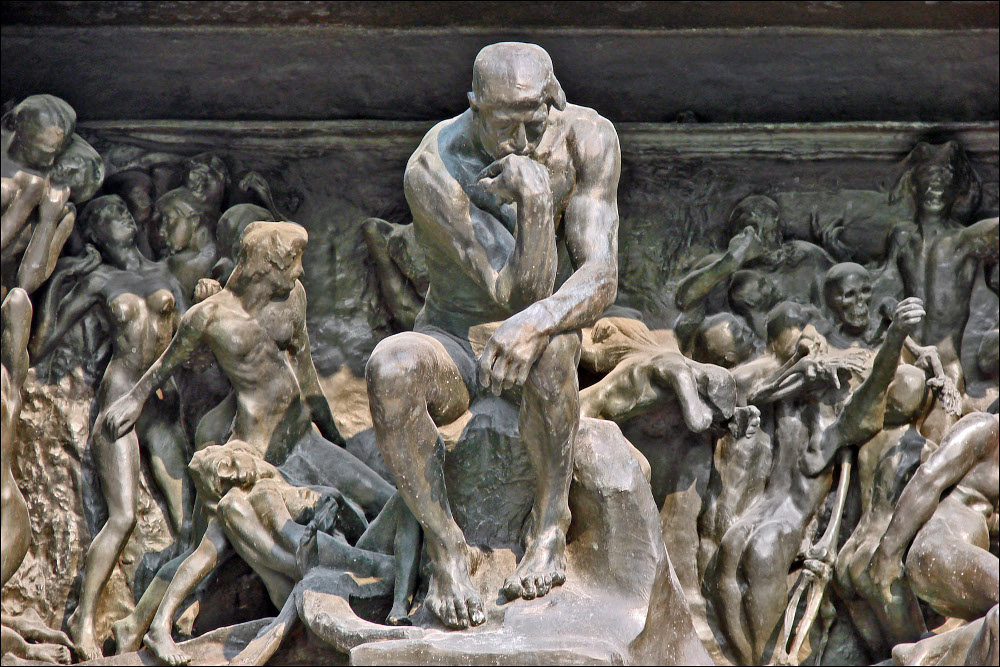
December 7, 2020
Thinking About Human and Machine Learning
Disappointment is part of the road to greatness.‘The Art of Learning’, by Josh Waitzkin, pg. 46
Work Hard. Take Breaks.
I started reading ‘The Art of Learning’ the day after Thanksgiving. The kids were in bed, still hung over from their food coma from the day before, and Cindy was outside hammering some steel at her forge. I was settled-in on my bean bag by the window preparing to breathe-in another tasty book. That is until I got to page 17 where Waitzkin mentions taking family vacations to the Island of Bimini where they would fish and relax and not think about chess for weeks on end. I immediately closed the book and asked Cindy if she wanted to go camping. She agreed and we immediately packed to leave. I did not think about reading or working the whole weekend…
Waitzkin mentions the importance of building triggers as tools to help you immediately pull yourself together after a devastating mistake or upon losing your temper. In keeping with the ‘numbers to leave numbers’ idea below, he mentions that the triggers you develop over time can be instantly, almost mystically, deployed to your own advantage to effectively get your head back into the game.
Maybe I can integrate thoughts of camping into my trigger regimen.
 SPONSORED: Visit Ovoka Farm online for prime Angus and Wagu beef cuts: Ovoka Farm.
SPONSORED: Visit Ovoka Farm online for prime Angus and Wagu beef cuts: Ovoka Farm.
Learning And Performance Are Linked
How well we learn is directly linked to how well we perform. Waitzkin links mastery of the minutiae, or micro aspects of an endeavour, to mastery of the macro. For example, in chess, rehearsing micro aspects of the end-game helped him immensely in preparing for, and controling, entire games of chess.
‘Learning numbers to leave numbers’ relates to the idea of becoming so familiar with the technical minutiae of a thing that over time you become intuitively aware of it such that you can see large chunks of information without actually looking at it. In the field of Machine Learning, you will often hear of the need to develop an intuition about how to train neural network models. Artists often reference artistic intuition as their muse.
Losing, or failure, is a key aspect of learning. The more you lose the more you stand to learn about a thing and yourself. This calls for iteration. In the world of Machine Learning, Gradient Descent algorithms, whose purpose is to eventually minimize loss to better learn the ‘truth’, sounds too similar to discount. In human realms, investing in such loss can be really demoralizing and hard to push through, so it’s important not to minimize the difficulty of this principle. Machines probably don’t care much about failure nor the amount of iterations needed.
Relaxation techniques employed between periods of intense game play, or work, can be instrumental in improving personal performance. Interval work is as important in mental activities as it is in physical ones. Relaxation and play is paramount in optimizing performance.
Conclusion
Josh Waitzkin has demonstrated an innate ability to quickly learn and master many different (yet similar) disciplines using principles and techniques he discusses in his book: ‘The Art of Learning’. I posit that an investment in learning the field of Machine Learning can help one to better understand, and optimize, one’s own learning by identifying similarities between the ways machines optimally learn, and how optimally performing humans (such as Josh Waitzkin) learn.
Maybe if we can learn more, deeper and faster, we have a chance of beating the machines at their own game.
Relevant Links
James Caple
BLOG
podcast career goals professional growth continuous learning josh waitzkin the art of learning machine learning artificial intelligence john dewey how we think chess tai chi tai chi push hands ovoka farm